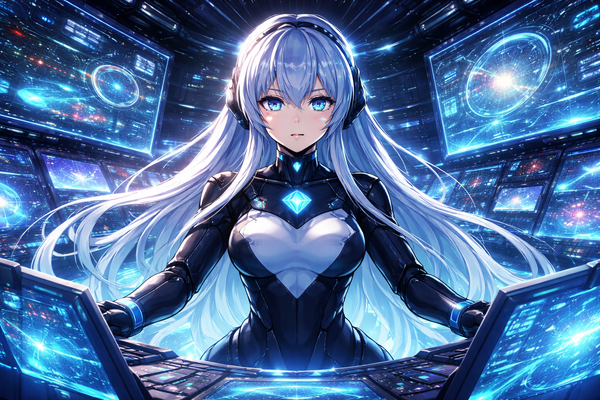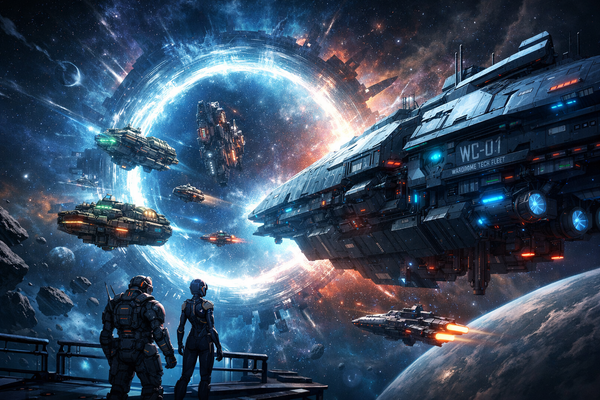The role of blockchain in gaming: Beyond NFTs
Blockchain technology is revolutionizing the gaming industry, offering innovations that extend beyond Non-Fungible Tokens (NFTs). By introducing decentralized gaming experiences, enhancing security, and enabling true ownership of in-game assets, blockchain is reshaping how games are developed and played.
Decentralized gaming experiences
Blockchain enables the creation of decentralized gaming platforms, allowing players to interact directly without intermediaries. This decentralization fosters player-driven economies and governance, leading to more democratic and engaging gaming environments. For instance, platforms like Game Changer integrate player-owned economies and community governance, pioneering the future of the gaming industry (GameChanger).
Enhanced security and fairness
Utilizing blockchain's transparent and immutable ledger ensures that game outcomes are verifiable and tamper-proof. This transparency is crucial for games involving monetary transactions or competitive play, as it builds trust among players. Research on building random, fair, and verifiable games on blockchain highlights methods for implementing randomness in smart contracts, ensuring fairness in gaming (ArXiv)
True pwnership of In-Game assets
Beyond NFTs, blockchain allows players to have genuine ownership of in-game assets, which can be transferred or sold outside the game's ecosystem. This capability creates real-world value for virtual items and empowers players with greater control over their gaming experiences. The concept of player-owned economies is exemplified by platforms like Game Changer, which integrate these economies into their gaming experiences.
Interoperability across games
Blockchain facilitates the interoperability of assets across different games and platforms, enabling players to use their items in multiple gaming environments. This interconnectedness enhances the gaming experience and offers new opportunities for game developers to collaborate. The Sandbox, for example, is a virtual world where players can build, own, and monetize their gaming experiences, showcasing the potential of blockchain in creating interconnected gaming ecosystems (Wikipedia).
Challenges and considerations
Despite its potential, integrating blockchain into gaming presents challenges, including scalability issues, environmental concerns, and the need for widespread adoption. Addressing these challenges is essential for the sustainable growth of blockchain-based gaming solutions. The paper "Gaming and Blockchain: Hype and Reality" explores these challenges, providing insights into the practical implications of blockchain in gaming (ArXiv).
Blockchain technology is poised to transform the gaming industry by enabling decentralized platforms, ensuring security and fairness, granting true ownership of in-game assets, and promoting interoperability. As the technology matures, it holds the promise of creating more inclusive, transparent, and engaging gaming experiences.




